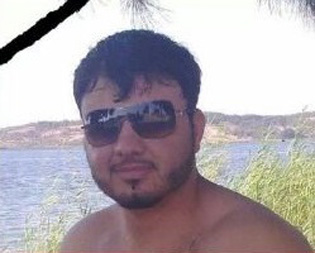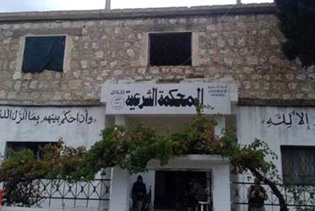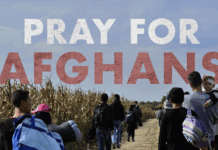Sharia courts erected in some cities…

By Nuri Kino for World Watch Monitor
Ninar Odisho,26, was killed by the rebels because he is a Christian. They even burned a cross into his face. Apparently, the rebels do not want to openly show that they are against non-Muslims, lest their sponsors stop arming them and sending them aid. Thus, they let some Christians remain in areas that they take over, and then kill them one by one, causing the rest to flee voluntarily, so it doesn’t appear as if they are committing a massacre.
The three last families in Tabqa have since fled, badly traumatised. Al-Jeloo has spoken to some of them.
My journalist friend, waiting in Turkey for passage to Sweden, confirms what Al-Jeloo has told me. She says that in places where the fundamentalists have established Islamic courts, there is no future for Christians – or any others who don’t want to live their lives according to Sharia law. She says I will even find Swedish jihadists on YouTube, preaching Sharia in Syria, in Swedish even. It took me only two minutes to find several.
With the help of a Palestinian living in Sweden, whose asylum case I followed 10 years ago, I get in touch with one of the Swedish jihadists.
“Everybody who wants to live in Syria, and who obeys to live according to the Sharia laws and the holy Koran, are welcome to stay in the country,” he tells me. “All the others have to go to sinful places. It’s our duty to preach the word of the prophet Muhammad. If we don’t do that and don’t force people to follow his words, we will be punished ourselves.”
I ask the jihadist if he can give me his name. “I cannot,” he says. He doesn’t want to hurt his family in Sweden by revealing his identity.
Next day, scrolling through Facebook, I spot that my Syrian journalist friend also is online. I send her a message about the interview I made with the Jihadist.
“I met hundreds of bearded young men like him, from all over the world, on the streets of my native city,” she writes back. “That’s why I left.”
A couple of days after she fled Syria for Turkey, a colleague sent me this message:

“Dear Nuri, this is a court that the extremists established in my city, Lattakia, in the [Syrian] village of Kansabba. This Islamic court issues the law according to the extremists’ religion. It started today. They are forcing everyone to adopt their fundamentalist Islamic laws.
Now she is waiting for smugglers to take her from Turkey to Sweden.
The same day she sent me the message, fighting intensified between rival Syrian opposition factions and 12 Islamic groups that had left the Free Syrian Army. That fact scared all non-Muslims.
As well it should. I opened my Facebook account, and saw that a friend, Nicholas Al-Jeloo, had posted news about the Sept. 21 murder in Tabqa, in Syria’s al-Raqqah province, of a 26-year-old Assyrian man named Ninar Odisho.
I picked up the phone and called Al-Jeloo. He’s an Australian-born Assyrian with a Ph.D. in modern Assyrian Studies. He has visited the Middle East since 2002 for fieldwork and research among indigenous Assyrians. He has been to Syria many times to connect with extended family members in the Jazirah, an island between two rivers in northern Syria, and in al-Raqqah province.
I wanted to know more about the murder. Why was one person’s death so important? It’s a war, and many people die every day in Syria.
“It’s about the future for Christians which, as it stands, looks grim if nothing is done to protect the country’s vulnerable minorities,” he said to me in Assyrian. “Therefore, killings that are religiously and ethnically related are important to report about. On the eve of Syria’s civil war, more than 200 Christian Assyrian families, 1,000 individuals, lived in Tabqa.”
Nearly all of them have left the country and now live in Lebanon. Some have made it to Germany. Others are stranded all over the world, abandoned by smugglers who failed to get them to Europe.
Three families had remained in Tabqa. The rebels told them that they would not be harmed. They had nowhere else to go, and were too scared to leave because there is so much danger on the roads. They were poor, and were trying to maintain what little they had.



